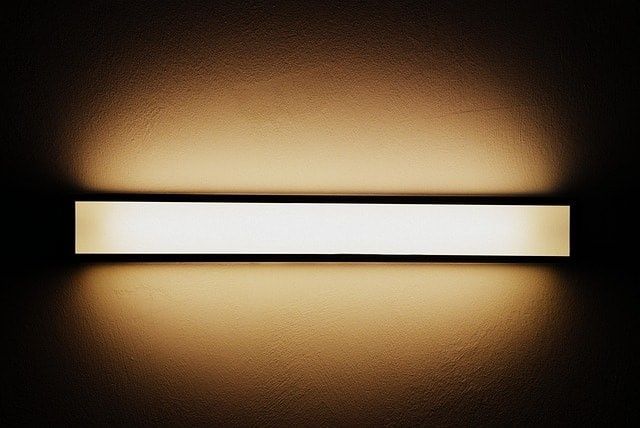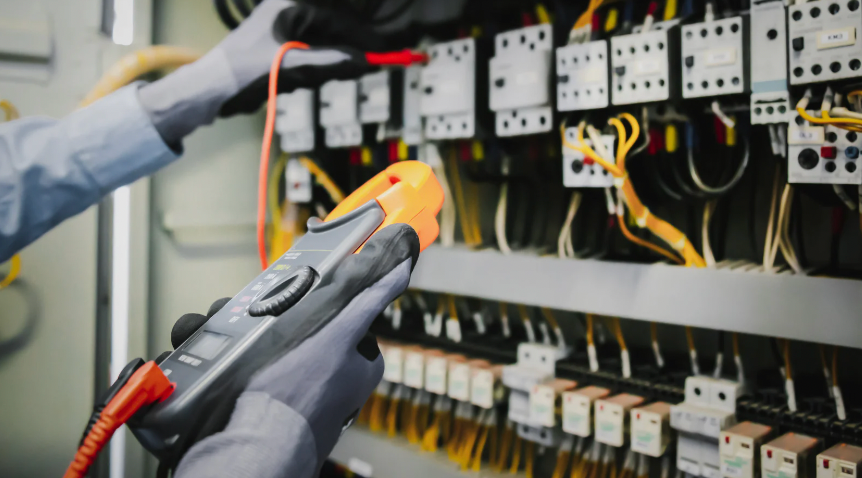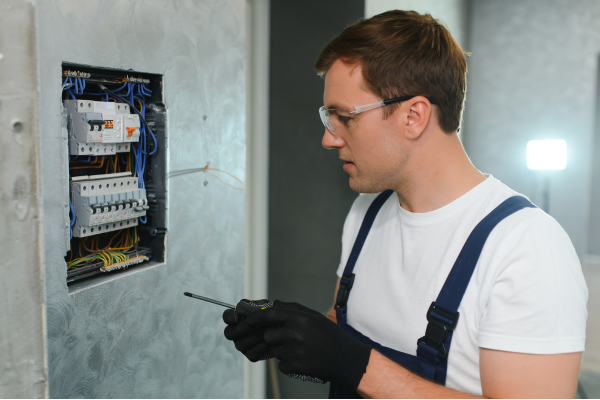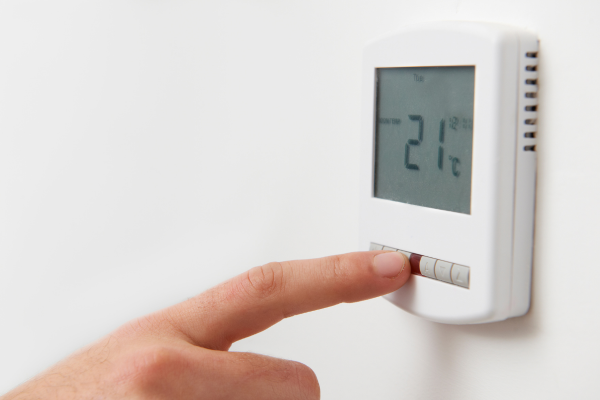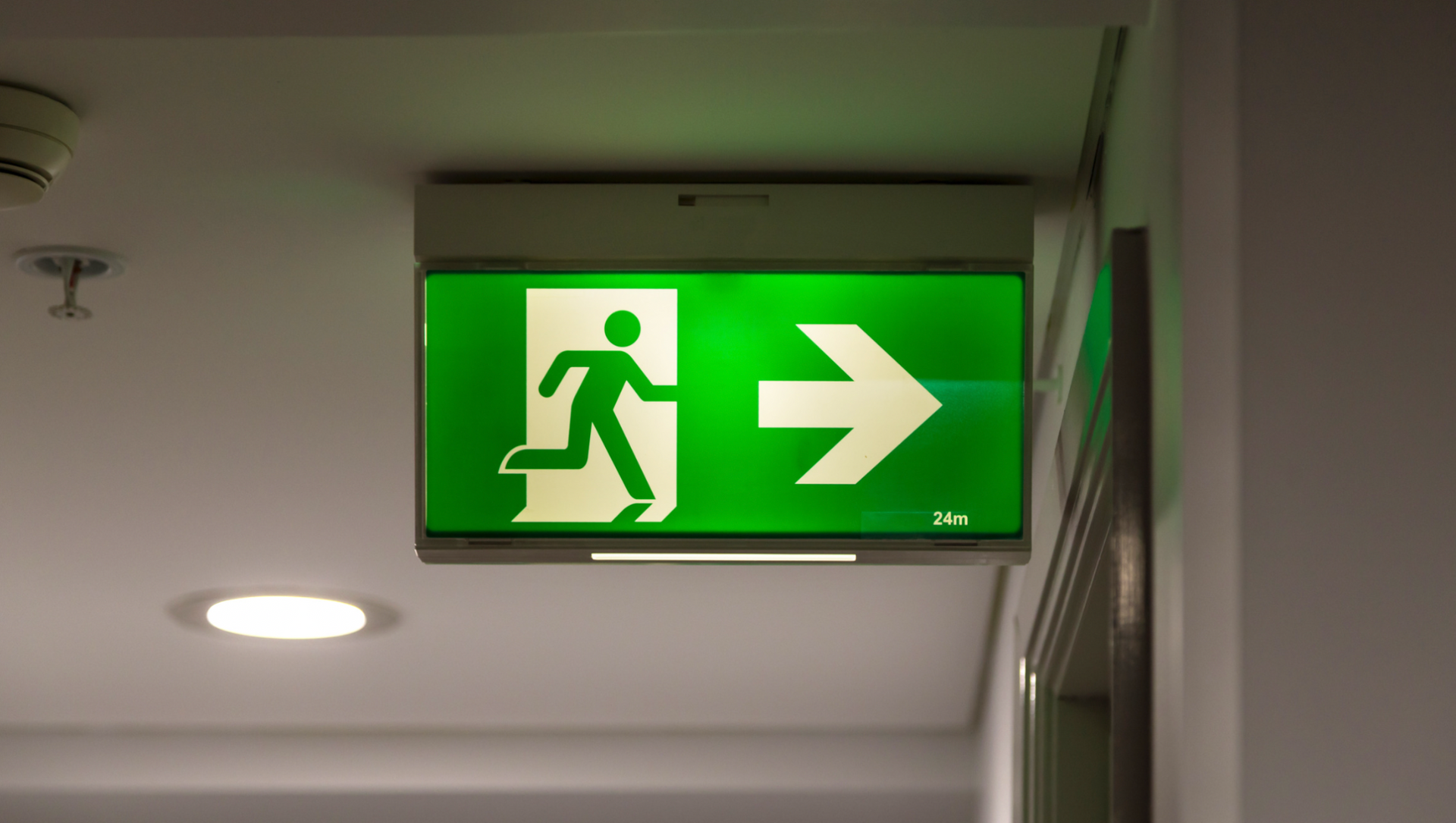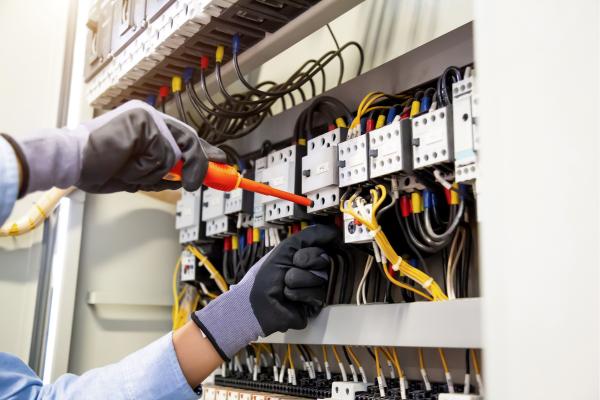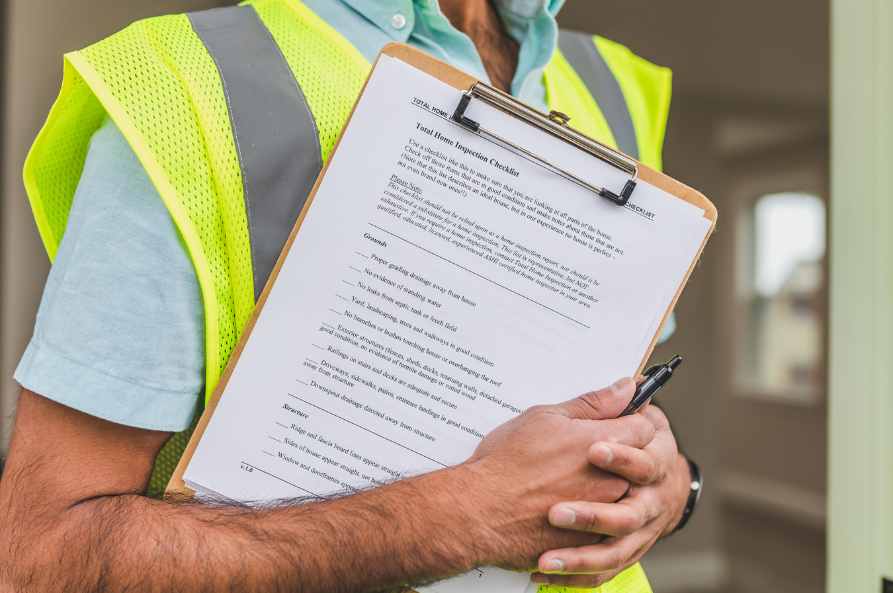EICR Certificate Cost: Protecting Your Family and Property from Electrical Hazards
Ensuring your home is safe from electrical hazards is paramount to protecting your family and property. One vital aspect of this protection is obtaining an Electrical Safety Report (EICR). This comprehensive guide will delve into the cost of an EICR certificate and explain why it's essential for your safety and peace of mind.

What is an EICR Certificate?
An Electrical Installation Condition Report, or Electrical Installation Condition Report, is a detailed document provided after an extensive inspection of a property's electrical systems. It assesses the safety and condition of electrical installation, identifying any potential hazards or defects. This report ensures that all electrical systems meet safety standards and regulations.
Importance of Landlord Electrical Safety Certificate
Protecting Your Family and Property
An Electrical safety certificate is a critical concern for any homeowner or landlord. Faulty wiring, outdated systems, and neglected electrical components can pose serious risks, including fire hazards and electric shocks. Ensuring that your electrical installation is up-to-date and safe can prevent these dangers.
Legal Requirements
In many regions, having an EICR is a legal requirement, especially for rental properties. Landlords must provide a valid EICR to ensure their tenants' electrical safety certificate. Failure to comply can result in hefty fines and legal consequences.
Understanding the EICR Certificate Cost
Factors Influencing the Cost
Several factors can influence the EICR cost, including the property's size, the electrical system's complexity, and the region you live in. Larger properties with more extensive electrical installations will typically incur higher costs due to the increased time and effort required for a thorough inspection.
Typical Costs
On average, an EICR can range from $150 to $300 for a standard residential property. However, this price can vary based on the factors mentioned above. The cost can be significantly higher for commercial properties or larger residential buildings, sometimes reaching upwards of $1,000.
Importance of Hiring Qualified Electricians
Hiring a certified and qualified electrician to conduct the EICR is crucial. Only registered electricians have the necessary skills and knowledge to assess your electrical systems' installation condition, report EICR accurately, and provide a valid report.
Components of an EICR
Visual Inspection
The first step in an EICR is visually inspecting the electrical installations. This includes checking the wiring condition, fuse boards, electrical outlets, and other visible components. The electrician will look for signs of wear and tear, exposed wires, and outdated systems.
Testing Electrical Systems
After the visual inspection, the electrician will test the electrical systems to ensure they function correctly and safely. This includes electrical safety, check electrical circuits' integrity, testing electrical components' electrical safety certificate, and identifying potential faults.
Reporting Findings
Once the inspection and testing are complete, the electrician will compile their findings into a detailed report. This report will highlight any issues or potential hazards, categorising them based on their severity. The report will also include recommendations for necessary repairs or upgrades to ensure compliance with electrical safety certificate standards.
Benefits of an EICR
Ensuring Electrical Safety
The primary benefit of an EICR is ensuring the electrical safety certificate of your electrical installations. Identifying and addressing potential hazards can prevent accidents, fires, and electric shocks, protecting your family and property.
Compliance with Regulations
An EICR helps ensure compliance with local electrical safety certificate regulations and building codes. This is especially important for landlords and property managers, as failure to comply can result in legal penalties.
Peace of Mind
A valid EICR provides peace of mind, knowing that your electrical systems are safe and up to standard. This is particularly valuable when buying or selling a property, as it assures potential buyers that the electrical installation certificate is in good condition.
Common Electrical Safety Issues Identified in EICRs
Faulty Wiring
Faulty wiring is a common issue identified in EICRs. This can include frayed wires, improper connections, and outdated wiring systems that do not meet current safety standards.
Overloaded Circuits
Overloaded circuits can cause electrical fires and damage to appliances. An EICR can identify circuits at risk of overloading and recommend solutions to redistribute the electrical load.
Defective Electrical Components
Defective electrical components, such as broken outlets, faulty switches, and damaged fuse boards, can pose serious safety risks. An EICR will identify these issues and recommend necessary repairs or replacements.
Lack of Proper Grounding
Proper grounding is essential for electrical safety. An EICR can identify installations that lack adequate grounding, which can prevent electric shocks and ensure the safe operation of electrical systems.
How to Prepare for an EICR Inspection
Check Electrical Systems
Before the inspection, checking your electrical systems for any obvious issues is a good idea. This includes ensuring all outlets, switches, and light fittings are in good working order.
Clear Access to Electrical Components
Ensure the electrician can access all electrical equipment, including fuse boards, outlets, and wiring systems. This will facilitate a thorough inspection and reduce the time required for the EICR.
Gather Previous Reports
If you have previous EICRs or other electrical safety certificates, gather them together for the electrician to review. This can provide valuable context and help identify recurring issues or areas of concern.
Understanding EICR Ratings
Code 1: Danger Present
A Code 1 rating indicates an immediate danger with a serious safety risk. These issues must be addressed immediately to prevent accidents or hazards.
Code 2: Potentially Dangerous
A Code 2 rating indicates issues that are not immediately dangerous but could become hazardous if left unaddressed. These should be fixed as soon as possible to ensure safety.
Code 3: Improvement Recommended
A Code 3 rating suggests areas where improvements can be made to enhance safety, although they are not currently dangerous. These recommendations can help maintain the long-term safety of your electrical systems.
Further Investigation Required (FI)
If the electrician encounters issues that require further investigation, they will note this in the report. This may involve additional testing or a more in-depth inspection to assess the problem fully.
EICR for Rental Properties
Legal Requirements for Landlords
In many jurisdictions, landlords are legally required to obtain an EICR for their rental properties. This ensures the safety of tenants and compliance with local regulations.
Protecting Tenants
An EICR helps protect tenants by ensuring the property's electrical systems are safe and up to standard. This can prevent accidents, fires, and other hazards, providing a safer living environment.
Avoiding Legal Penalties
Failing to obtain a valid EICR can result in legal penalties, including fines and potential liability for accidents or injuries caused by faulty electrical systems.
EICR for Homeowners
Ensuring Home Safety
For homeowners, an EICR is a proactive way to ensure the safety of their electrical systems. Regular inspections can identify potential issues before they become serious hazards.
When Buying or Selling a Property
When buying or selling a property, an EICR can ensure the electrical systems are in good condition. This can be a valuable selling point and help facilitate a smooth transaction.
Peace of Mind
Knowing that your home's electrical systems are safe and up to standard provides peace of mind. This is especially important for families, ensuring a safe living environment.
Conclusion
An EICR is essential for protecting your family and property from electrical hazards. By understanding the electrical safety certificate cost and the importance of regular inspections, you can ensure the safety and compliance of your electrical systems. Whether you're a homeowner or a landlord, investing in an EICR is a proactive step towards a safer, more secure property.
FAQs
What is the typical cost of an EICR?
An EICR typically costs $150 to $300 for a standard residential property, but this can vary based on property size and location.
How often should an EICR be conducted?
For rental properties, an EICR is typically required every five years. Homeowners should consider having an EICR every ten years or when buying/selling a property.
Who can perform an EICR?
Only qualified and registered electricians should perform an EICR to ensure accuracy and compliance with safety standards.
What happens if Electrical Installation Condition Reports identify issues?
The report categorises them based on severity, and the electrician recommends necessary repairs or improvements.
Is an EICR a legal requirement?
In many regions, an EICR is a legal requirement for rental properties. Homeowners are also encouraged to obtain an EICR to ensure safety and compliance with local regulations.

